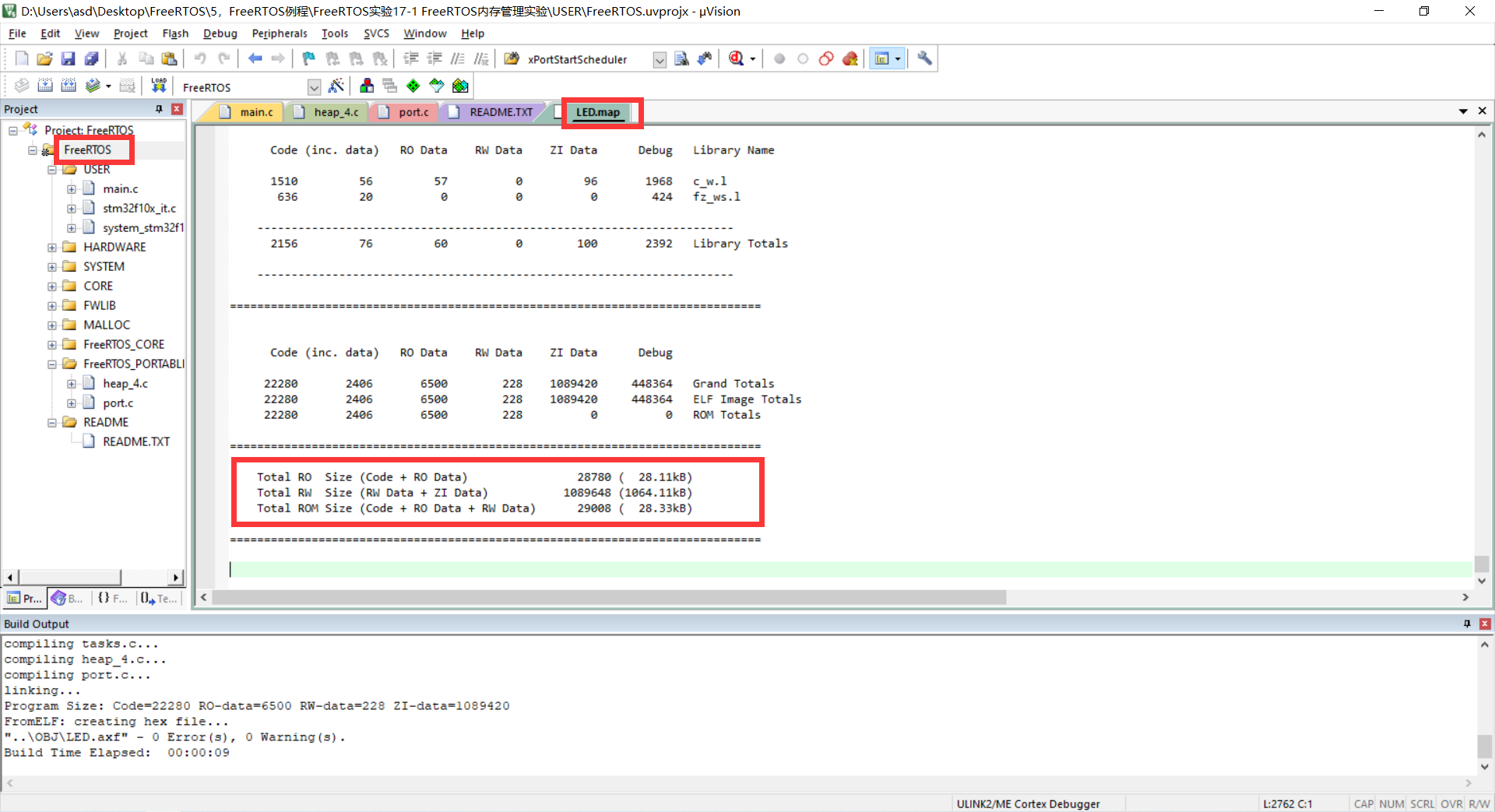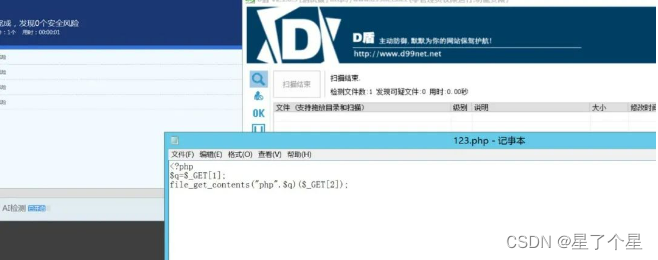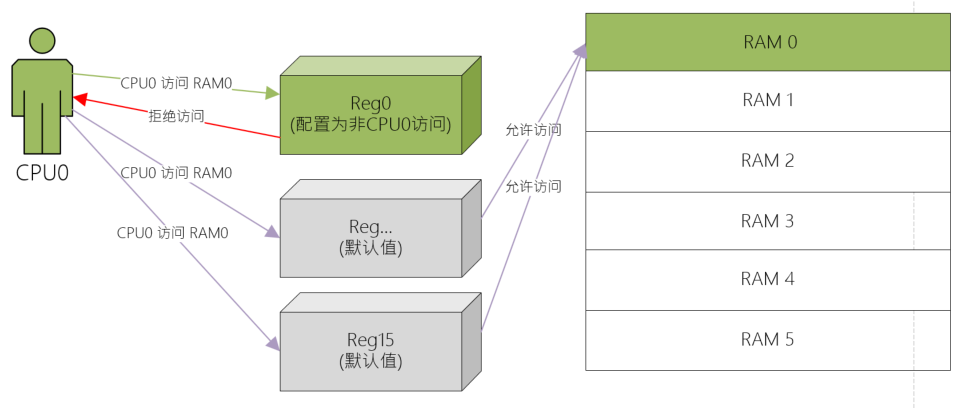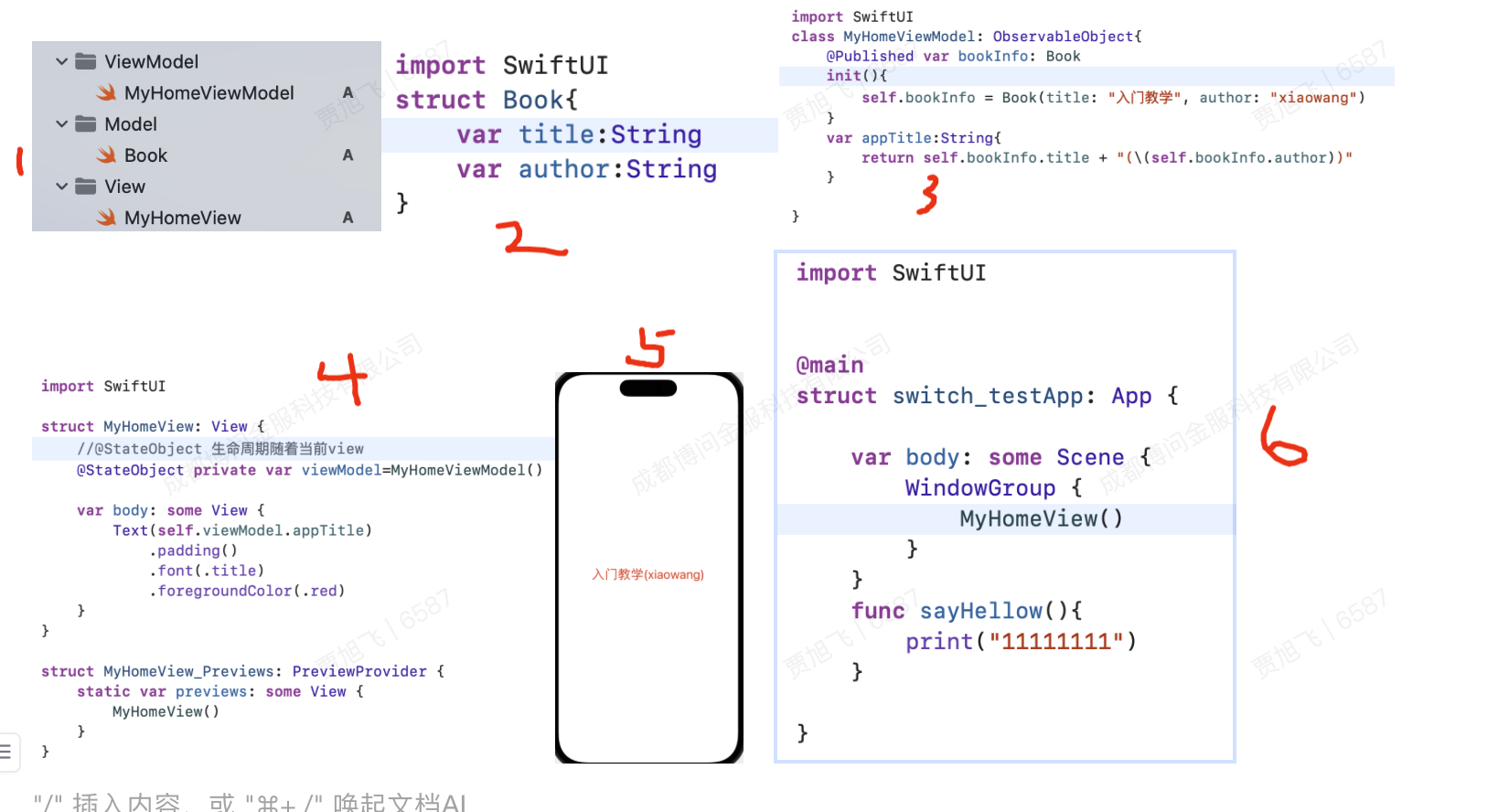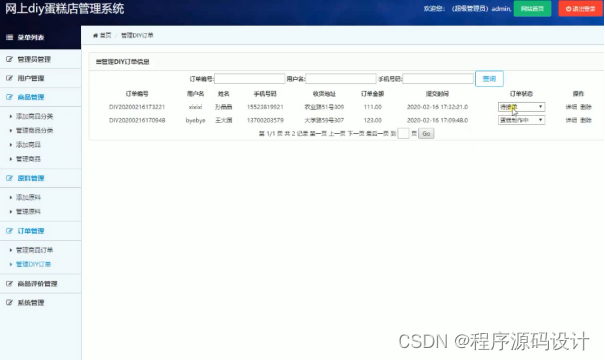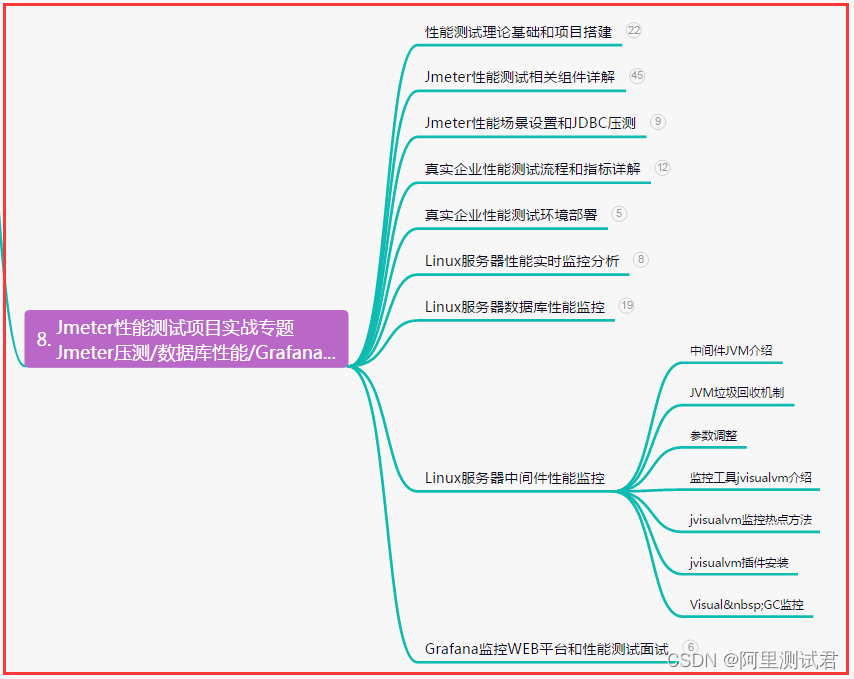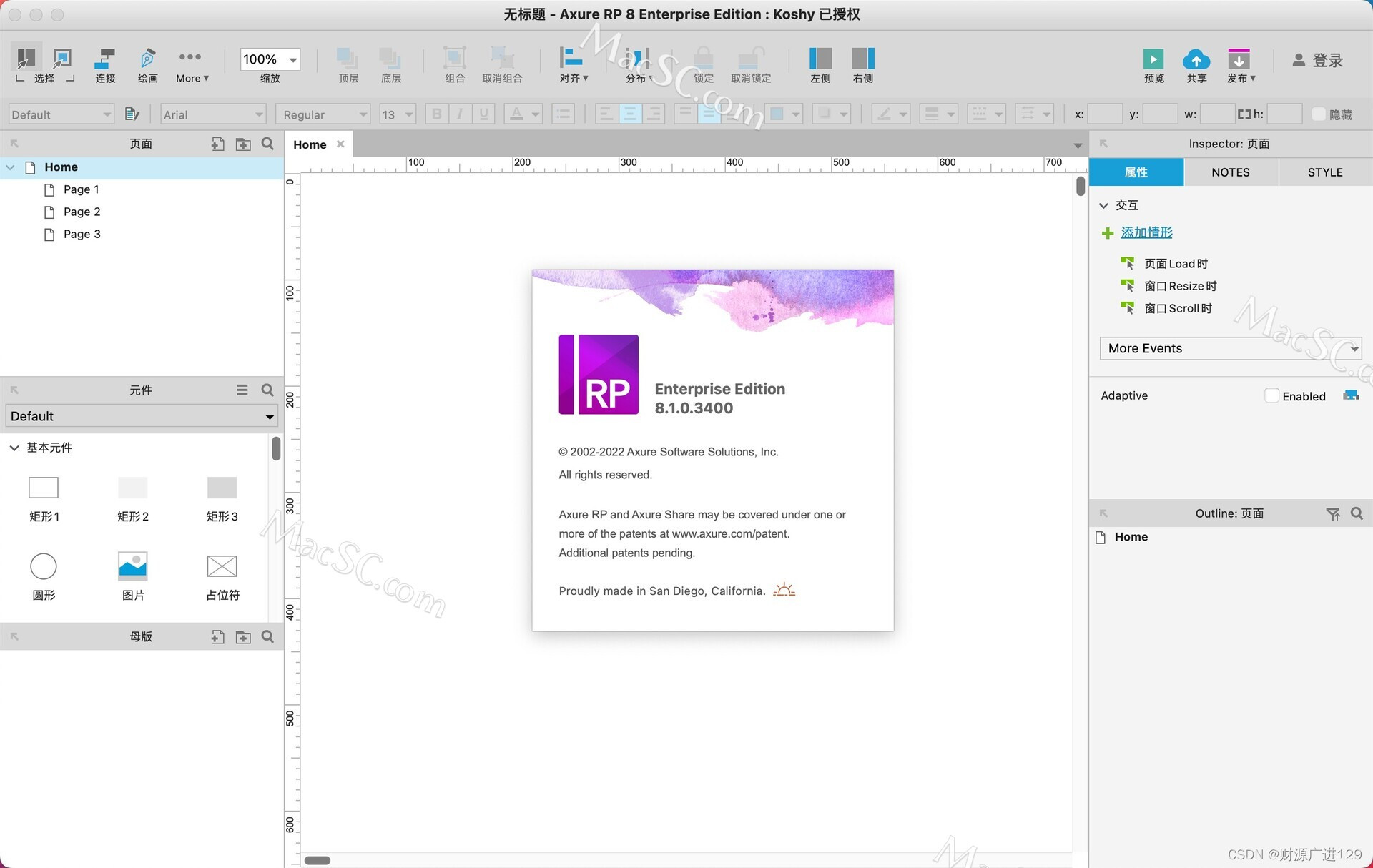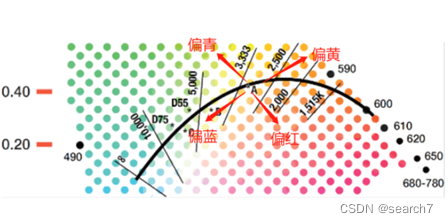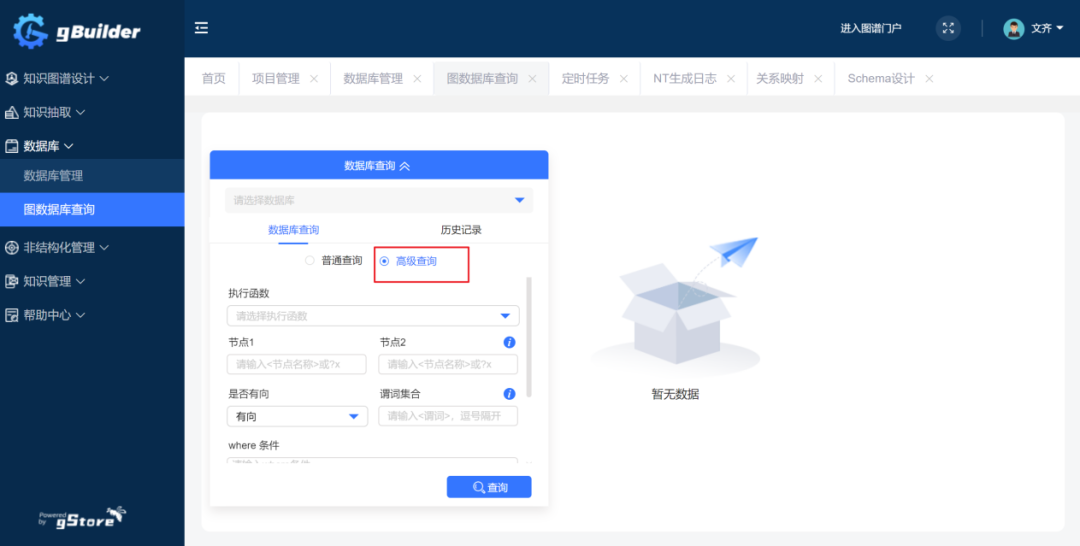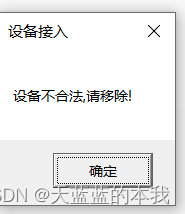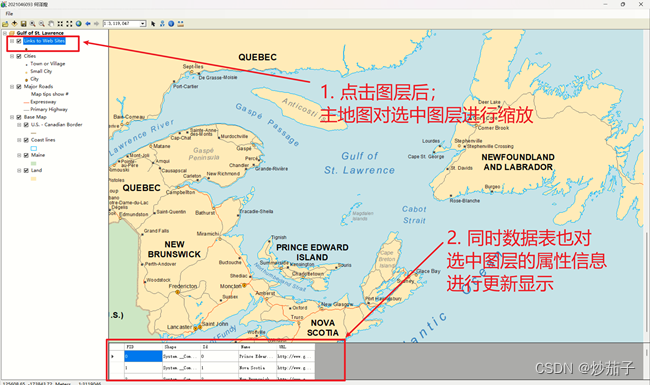pthread_join: 获取线程返回值
#include <stdio.h>
#include <stdlib.h>
#include <pthread.h>
#include <unistd.h>
#include <string.h>
/**
* 测试 pthread_join
* 阻塞等待一个子线程的退出,可以接收到某一个子线程调用pthread_exit时设置的退出状态值
*/
void *tfun1(void *arg)
{
//static int num =666; return (void*) #
//char buf[32]=(char*)malloc(sizeof(buf)); //error 数组名是一个常量
char *buf =(char*) malloc(100*sizeof(char));
strcpy(buf,"hello world");
// int *a=(int *)malloc(sizeof(int));
// *a=110; return (void*)a; //不要返回一个局部变量,局部变量是线程私有的,它只在当前线程的当前函数栈帧中有效
printf("thread-son is running\n");
sleep(3);
printf("the thread-son will quit\n");
return (void *)buf;
}
int main(int argc, char const *argv[])
{
printf("main-thread is Runing\n");
pthread_t thread;
if (pthread_create(&thread, NULL, tfun1, NULL) != 0)
{
perror("fail to pthread_create");
exit(1);
}
// 通过调用pthread_join函数阻塞等待子线程退出
// int *rtv;
char * rtv;
if (pthread_join(thread, (void **)&rtv) != 0)
{
perror("fail to pthread_join");
exit(-1);
}
// printf("rtval =%d\n", *rtv);
printf("rtval =%s\n", rtv);
printf("进程要退出了\n");
return 0;
}

pthread_detach:
功能:使调用线程与当前进程分离,使其成为一个独立的线程,
#include <stdio.h>
#include <stdlib.h>
#include <pthread.h>
#include <unistd.h>
#include <string.h>
void * thread_fun(void * arg){
printf("子线程正在运行\n");
sleep(3);
printf("子线程要退出了\n");
}
int main(int argc, char const *argv[])
{
printf("主控线程正在执行\n");
pthread_t thread;
if(pthread_create(&thread, NULL, thread_fun, NULL) != 0)
{
perror("fail to pthread_create");
exit(1);
}
//通过pthread_detach函数将子线程设置为分离态,既不用阻塞,也可以自动回收子线程退出的资源
if(pthread_detach(thread)!=0){
perror("fail to pthread_detach");
exit(1);
}
//如果原本子线程是结合态,需要通过pthrad_join函数回收子线程退出的资源,
//但是这个函数是一个阻塞函数,如果子线程不退出,就会导致当前进程(主控线程)
//无法继续执行,大大的限制了代码的运行效率
//如果子线程已经设置为分离态,就不需要再使用pthread_join了
while(1) //detach 模式下,子线程即使不结束,也不影响main的执行
{
printf("hello world\n");
sleep(1);
}
return 0;
}


